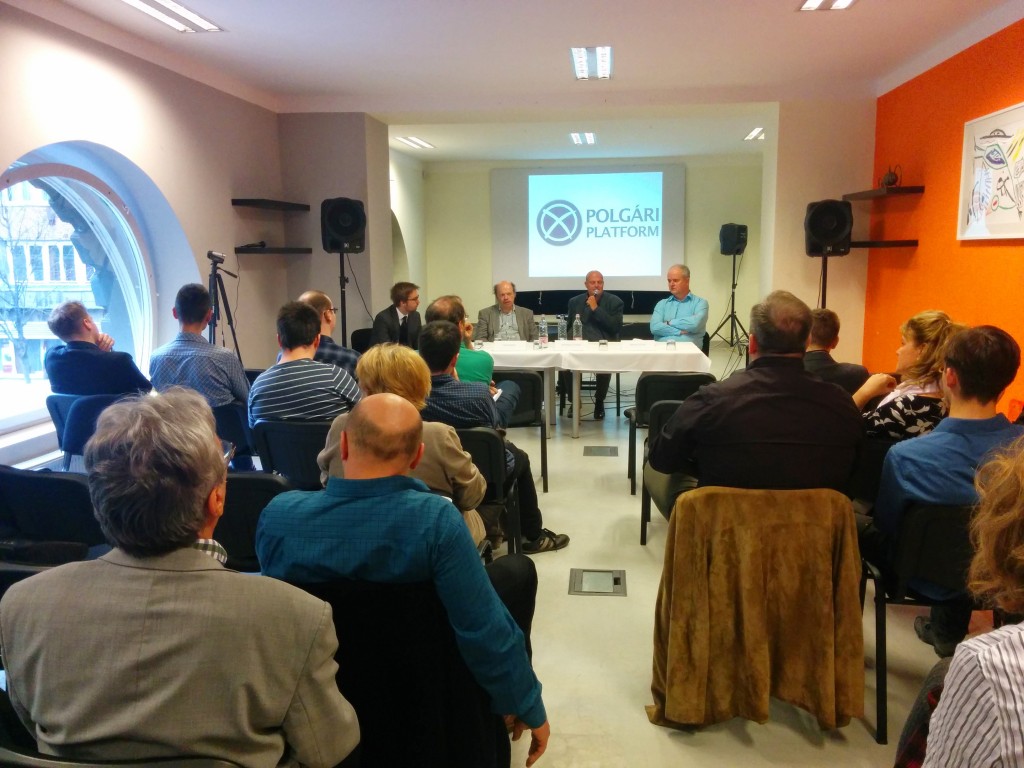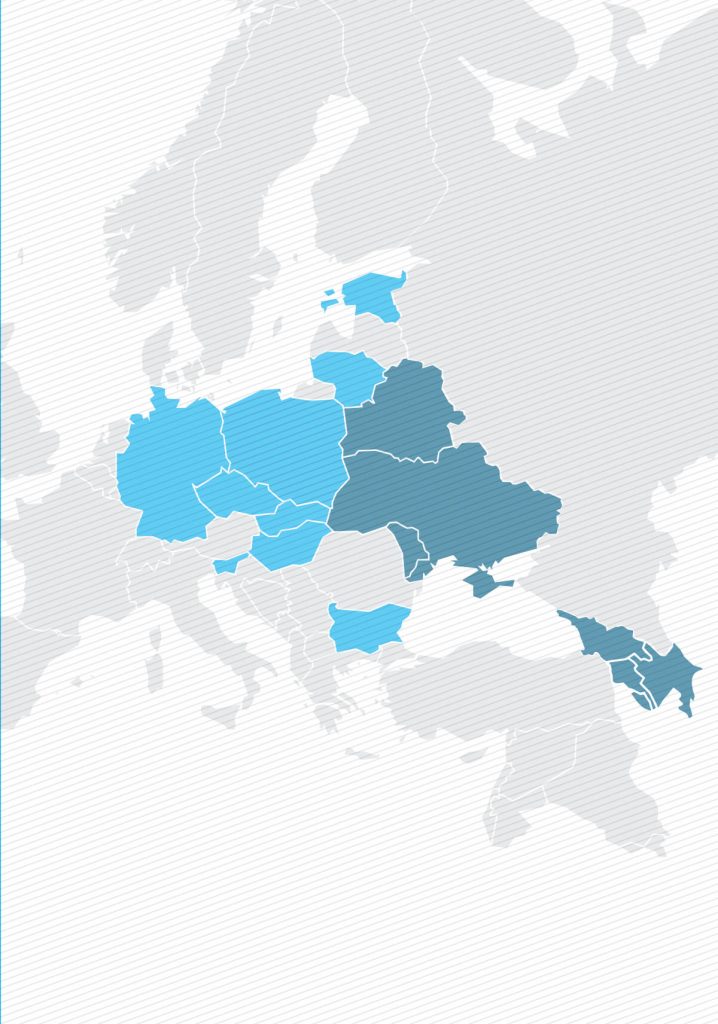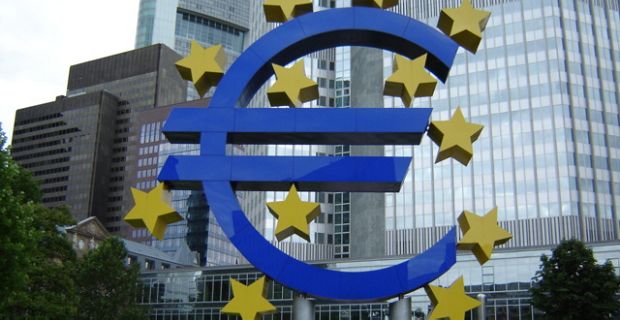
Western Opening in Hungary
BY
Mate Hajba / November 22, 2014
The civil sector should gently, but firmly take hold of the current atmosphere and lead Hungary far away from Russia, and back into the heart of Europe where their people belong.








